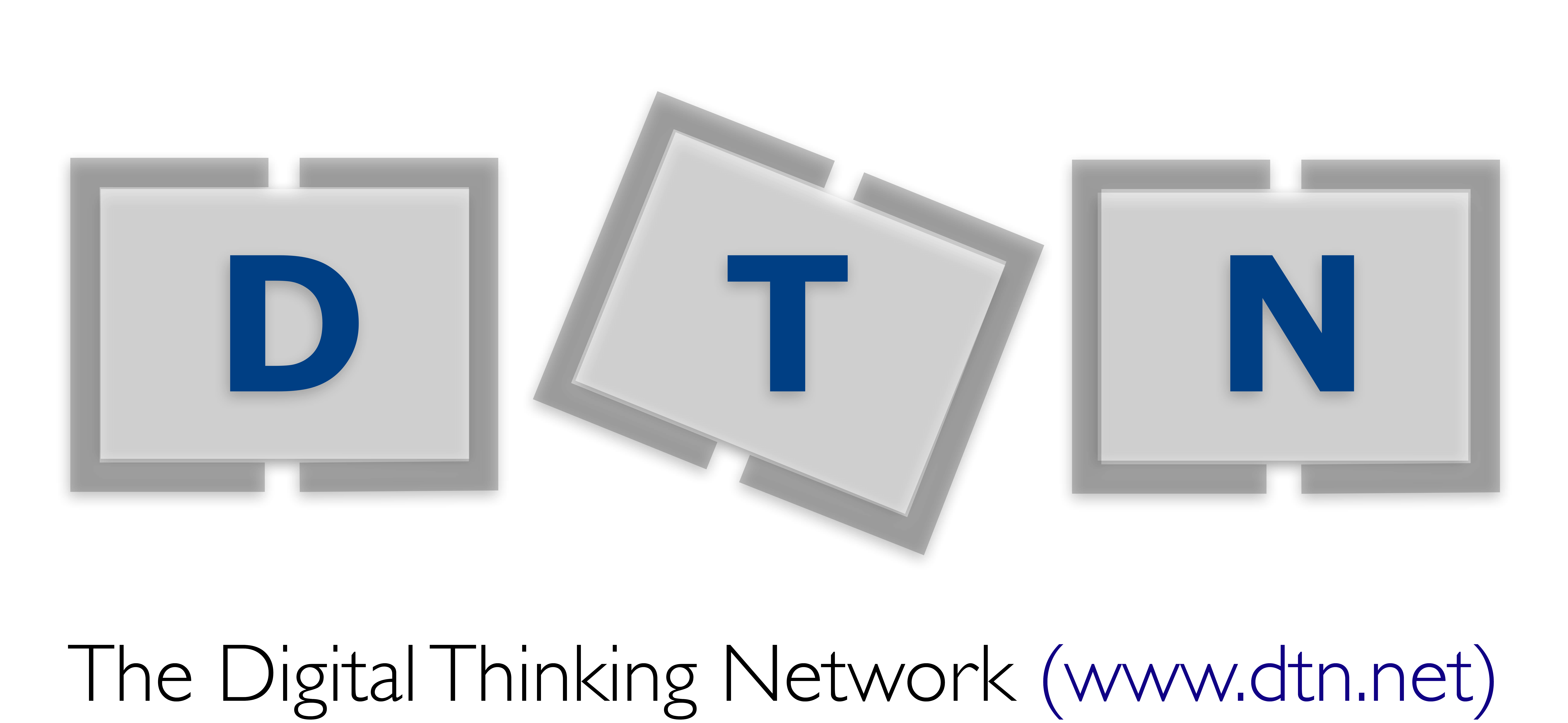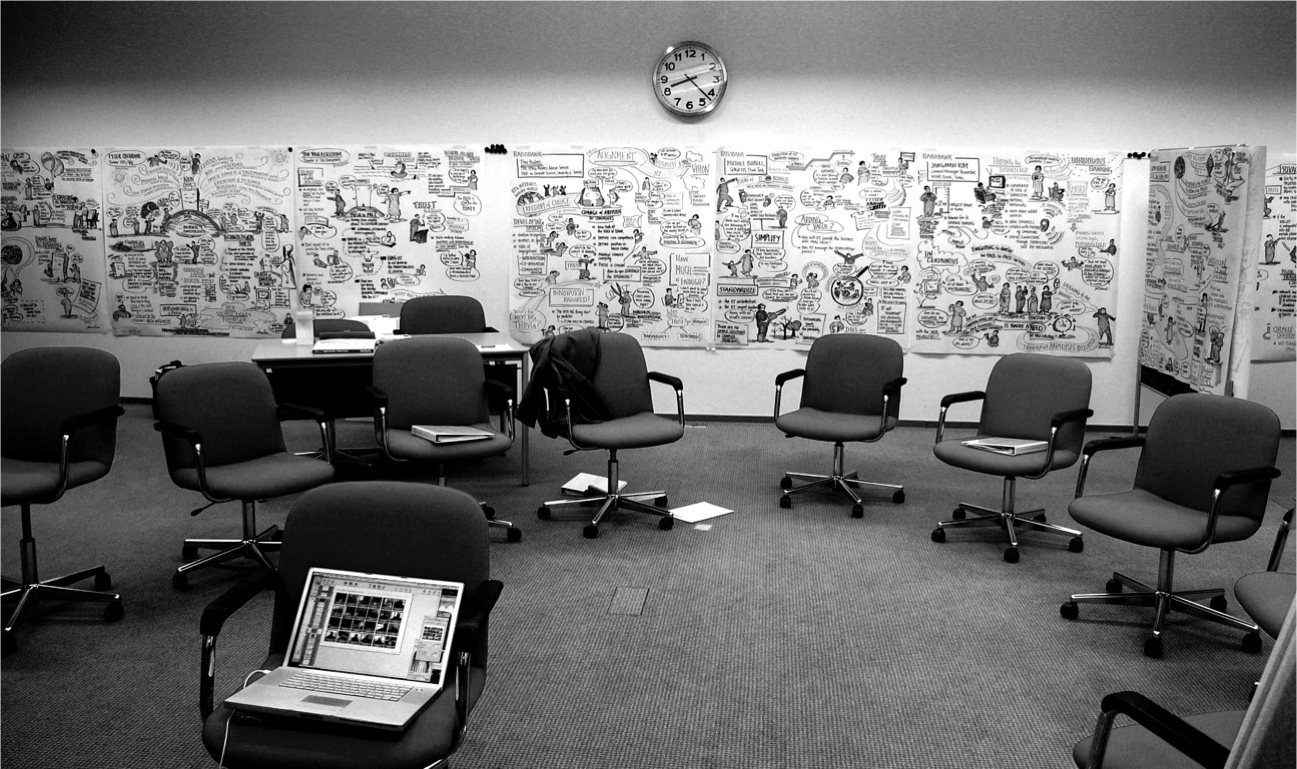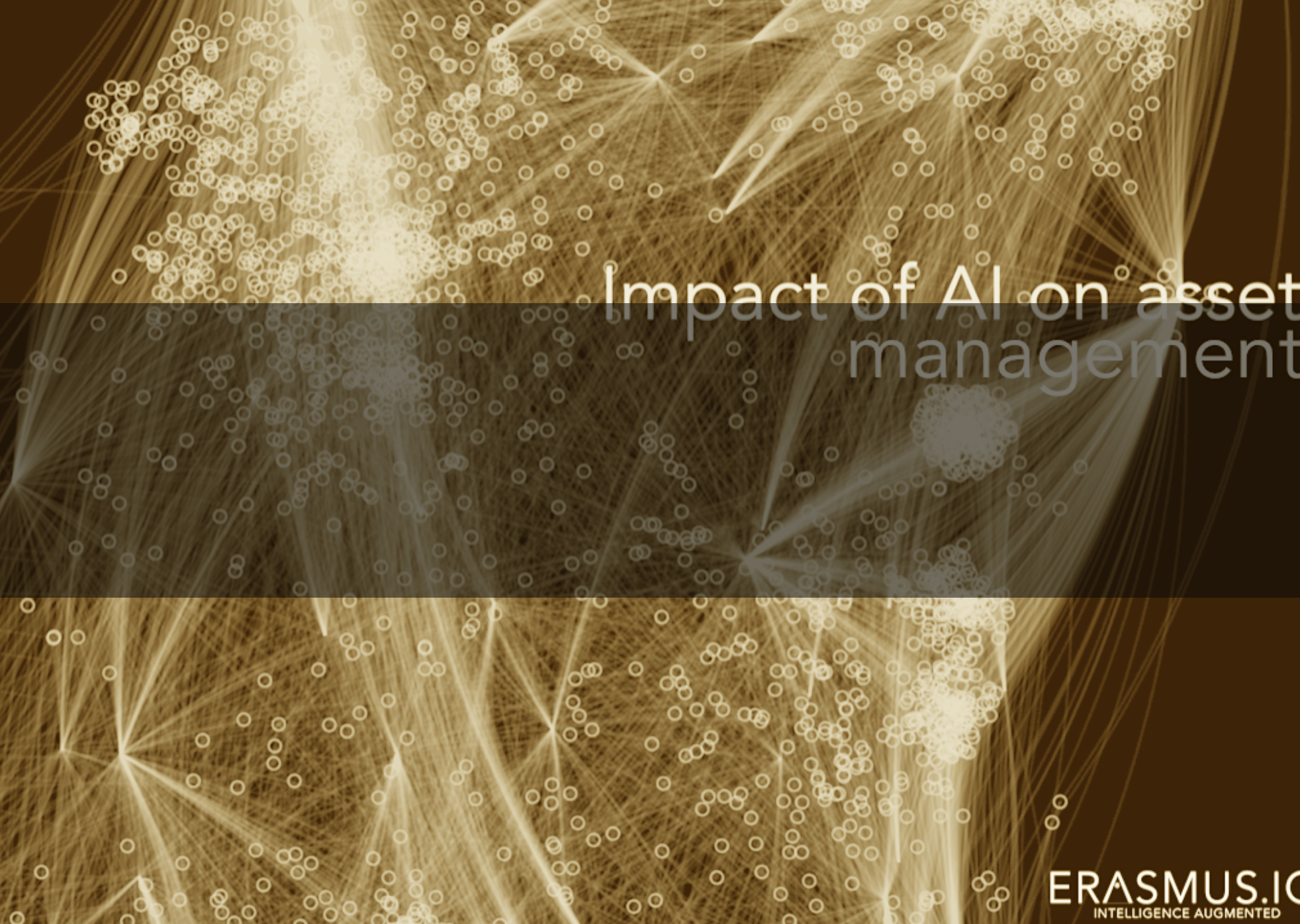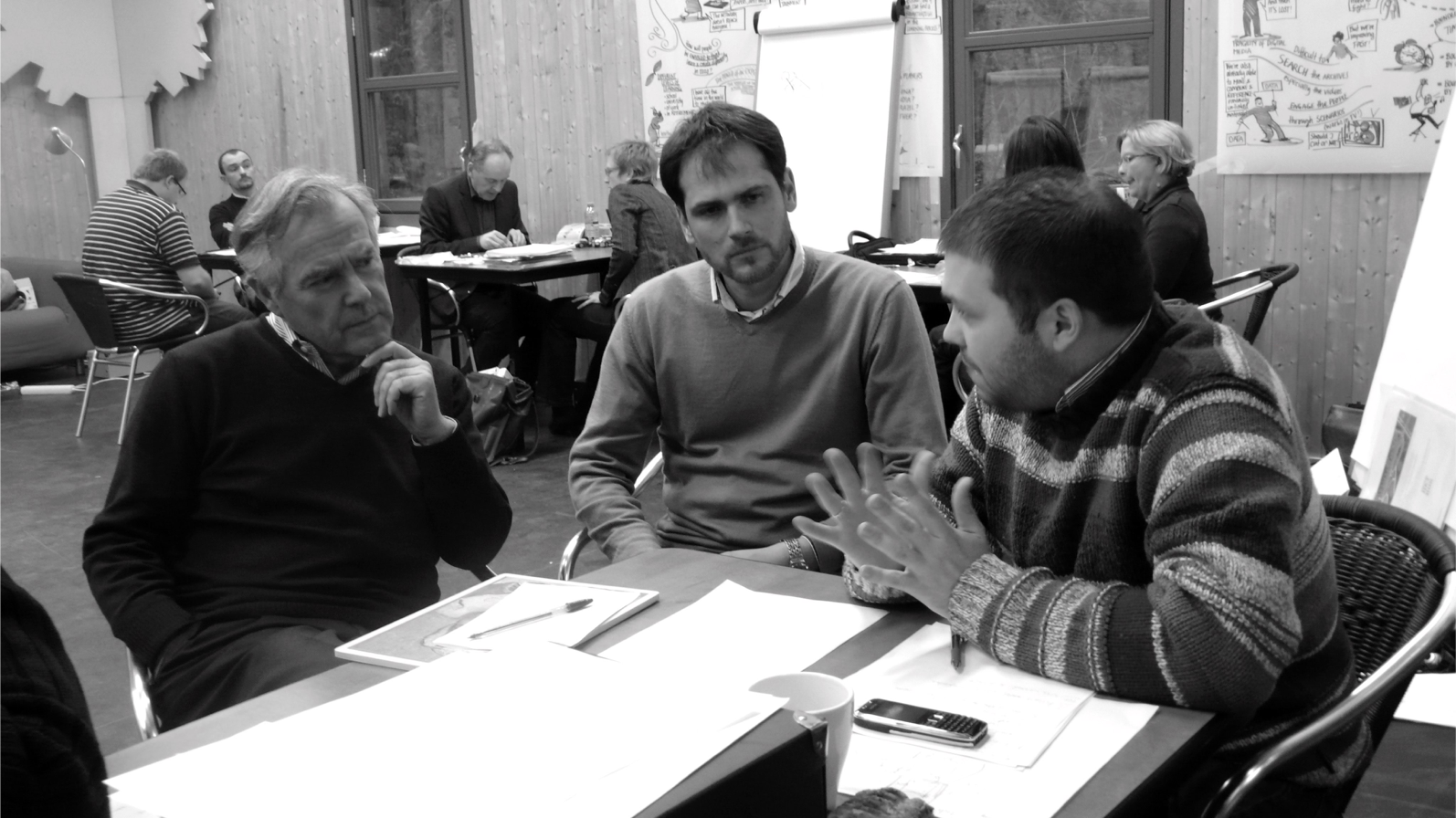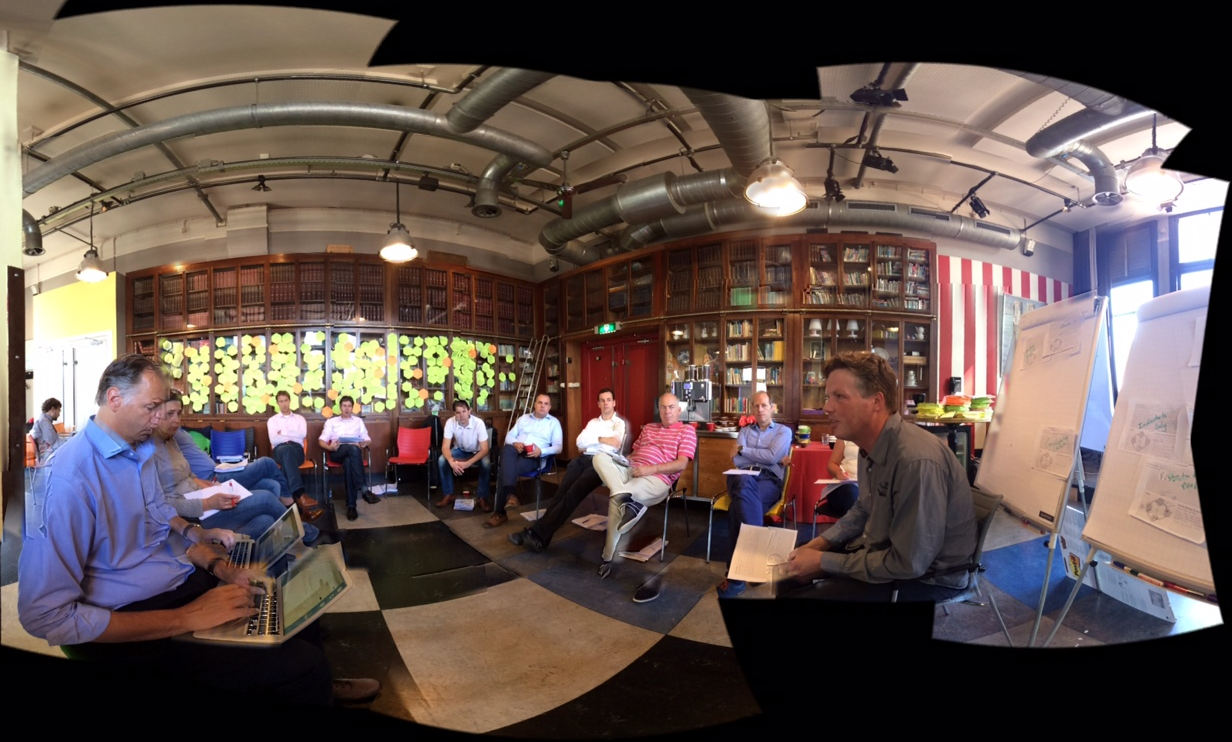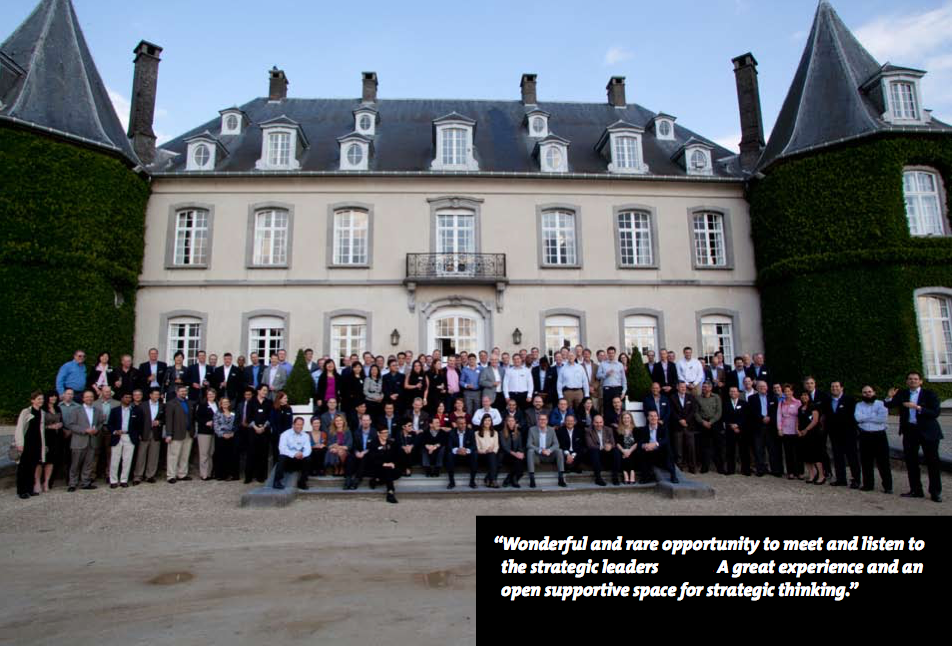Thought Leadership in Futures Thinking
Over the last 20 years The DTN has facilitated more than a 100 scenario sets for the future of the information society on 4 continents, conducted more than 1000 high level multi hour video interviews with global thought leaders from inventors of the Internet Vint Cerf & Bob Kahn; entrepreneurial pioneer of mobile payments Takeshi Natsuno or founder of Rakuten Shinnosuke Honjo ; to Nobel Laureates George Akerlof and James Mirrlees; to author of Limits to Growth Jorgen Randers; climate change discover scientist Jim Hansen; to CEO of SWIFT Gotfriedd Leibrand, CEO of TCS Natarajan Chandrasekaran; to one of the sushi masters of the Emperor of Japan Eiji Sato-Oyakata and HRH Price Carlos de Bourbon de Parne, etc. DTN principal Daniel Erasmus has written two books describing scenario processes, as well as a redesign of Shell breakthrough innovation process GameChanger.
Strategic acquisitions resulting from DTN scenarios have created $350 million in profit from a € 390 million sale of a strategic acquisition bought 3 years earlier for € 37 million. Scenarios together with NewsConsole analytics anticipated the 2014 Oil Price Collapse (2012). For commercial clients DTN scenarios anticipated the $ 70 oil price when it was $23 (2003). Additionally we anticipated the global financial crisis (in early 2006) for The Netherlands’ largest bank. The recent Chinese Economic Slowdown, New Technologies in Energy, etc.
Over the last two decades The DTN has worked with private and public sector clients, Royal Dutch Shell, Rabobank, Schlumberger, Baker Hughes, Telenor, Vodafone, Sanoma, Nokia, Mitsubishi Sumitomo Insurance Group, the City Rotterdam, 2020 Vision for the Dutch Ministry of Foreign Affairs, Information Economy in 2020+ for Ministry of Economic Affairs, Structure of the Netherlands in 2020+ for Ministry of Spatial Planning, Future of Digital Society in 2030 (Global Futures), etc.
Our services
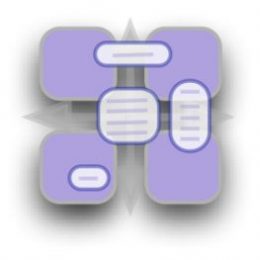
Scenario Thinking
The DTN has more than 20 years of experience leading multi-year, multi-million dollar, foresight and scenario processes for public and private sector clients. Scenario planning processes, or as we like to call it scenario thinking process lead by the DTN has helped organisations anticipate the global financial crisis, implications of the big recession, oil price collapse, anticipate blockchain, and so forth. The leading city wide climate initiative in the world is a result of DTN scenario processes as well as $300m profit in 3 years from a strategic acquisition resulting from our scenario processes.
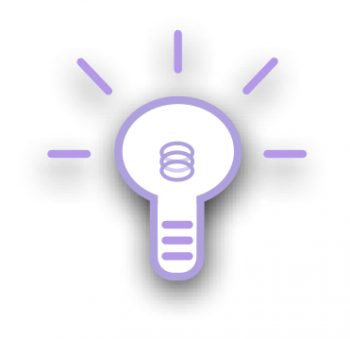
Innovation
A step-change in innovation. At the DTN we combine our breakthrough big data platform erasmus.io with cutting edge process design. In fact we designed the new GameChanger for the 21st Century. Over the last 20 years DTN has structured innovation programs from small goal driven teams, 500 engineer transitions to company wide transformative processes- leading to new businesses, new services, new patents. Seeing new scenario worlds breaks through old ways of working and centres leadership and managers into the future needs of customers.
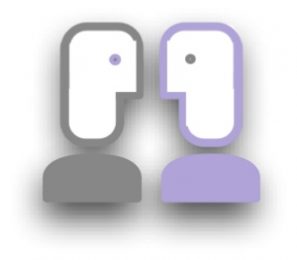
Leadership
The DTN has lead large scale transformation processes with the leadership of cities, companies, and ministries. Processes has included creating International Advisory Boards, breakthrough high potential programs and long term visions for multi billion dollar investments. Leadership is not just what you think, it is what you do. A new future, seen through scenario planning, leads to bold new actions. These actions cannot be taken in isolation, leadership is needed to bring the organisation into this new and challenging world.
What else do we provide?
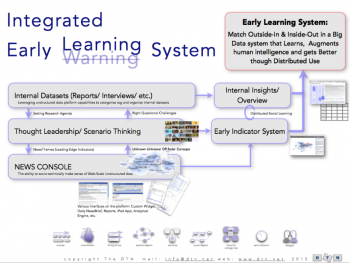
Early Learning Systems
We do not need to warn faster, we need to learn faster. At the DTN we deliver bespoke Early Learning Systems to organisations.
Early Warning Systems are rooted in a “command and control” mindset. Events are warned of, causal chains codified, risks categorised, linked to response plans stored on the shelf, and above all managed. Risk management, consequence abatement, warning systems. The job of planning is to observe pre-defined events in the outside world and react to them in a more or less pre-defined manner.
Observing these events or opportunity/risk dualities can be enhanced through technical means (radar, space based systems, etc.). The core concept here is the term warning. The future is something that should be planned for, controlled. Surprises are dangerous, serendipity is to be avoided at all cost. This world view, born out of the deadly serious cold war geopolitics, nurtured in the context of 1950’s rational management has served us well, but has come to an end.
In an exponential world we need a new story of organisation. The discrepancy between our ability to anticipate future events and to organise our collective human activities to act on them is getting larger. At which point does the world simply become un-manageble?
At the Digital Thinking Network we believe that the combination of scenario thinking and new big data computing tools, presents an alternative approach for organisations to function in uncertain environments. An Early Learning System combine scenario thinking with big data analytics to algorithmically gain edge insights from very, very large corpi of unstructured data using NewsConsole. Learning better is the only sustainable competitive of the 21st Century as Arie de Geus often states.
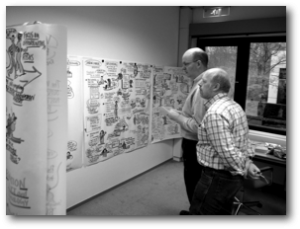
Scenario thinking, a language for talking about the future
Scenario thinking, introduced in business by Shell Group Planning in the 1970s, has evolved as a powerful methodology to enable organisations to structurally anticipate change and incorporate external uncertainty into the internal decision-making processes. Building scenarios is the process of qualitatively and quantitatively sifting, sorting and combining these possibilities into a few stories. These stories are:
- relevant – they must matter to the future of an organisation
- plausible – they must describe futures that reasonably could happen
- coherent – they must have a coherent storyline
- surprising – they must challenge existing assumptions
A good scenario set consists of two to four stories that all meet the above criteria to the same degree. The stories of the scenarios should not be focussed on the developments that a client in isolation can influence, but on the developments that it cannot. The question for the scenario team is not which scenario to realise, but which innovations, human resources, IT systems, management incentives, business ideas and options to choose in order to respond to these scenarios. Scenarios create a language for talking about the future.
Scenarios are not predictions, nor is it crucial that the scenarios accurately reflect the future. What is important is that the scenarios are alive in the hearts and minds of the managers and leaders of the organisation. The scenarios process is a tool to learn from possible futures in order to make more informed decisions today. The strategic conversation that results from the scenario process and the options that each of the public and private organisations generate based on the scenarios, are their true value, not their predictability.
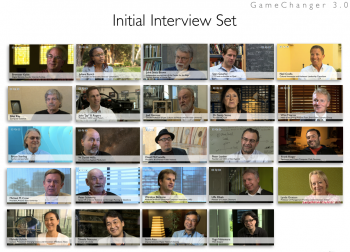
Network of Excellence
The DTN draws on a worldwide network of experts to sharpen its insights into the changing world. This Network of Excellence includes former prime ministers, corporate CEOs, academics, artists, cultural leaders and pioneers in new media technologies. The DTN regularly conducts interviews with these leaders to capture their perspectives on a changing landscape and gain diverse insights into why things happen and how they connect. Whether we are assembling an international advisory board for a major city or challenging a prevailing mindset, the network gives the DTN a broad spectrum of experiences and views to induce fresh thinking and breakthrough ideas.
Founder

Contact Us
- Herengracht 450, 1017 CA Amsterdam
- info@dtn.net
- Office Manager: Christian Sextl Tel: +31 621 192034
